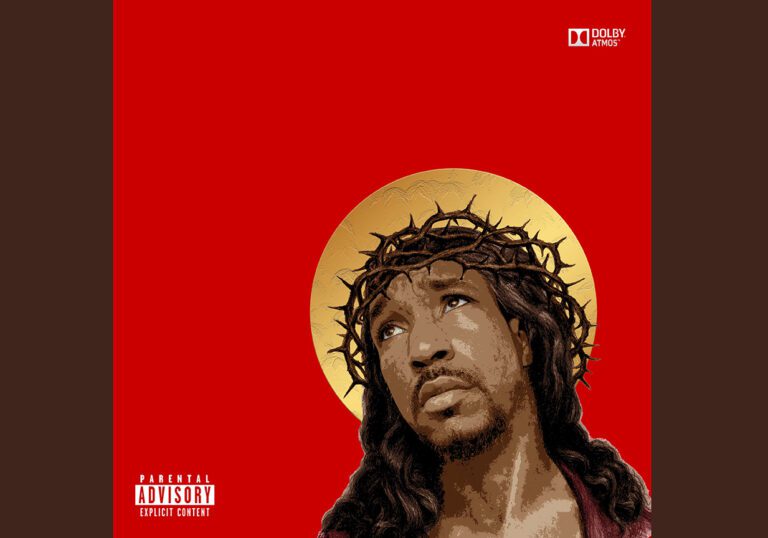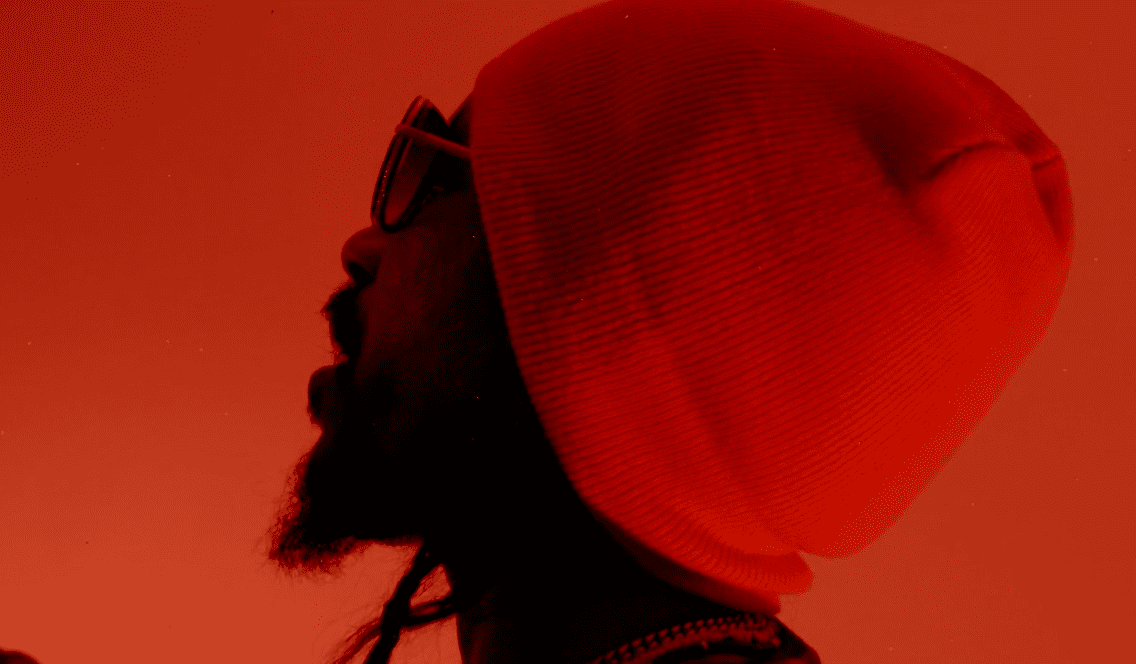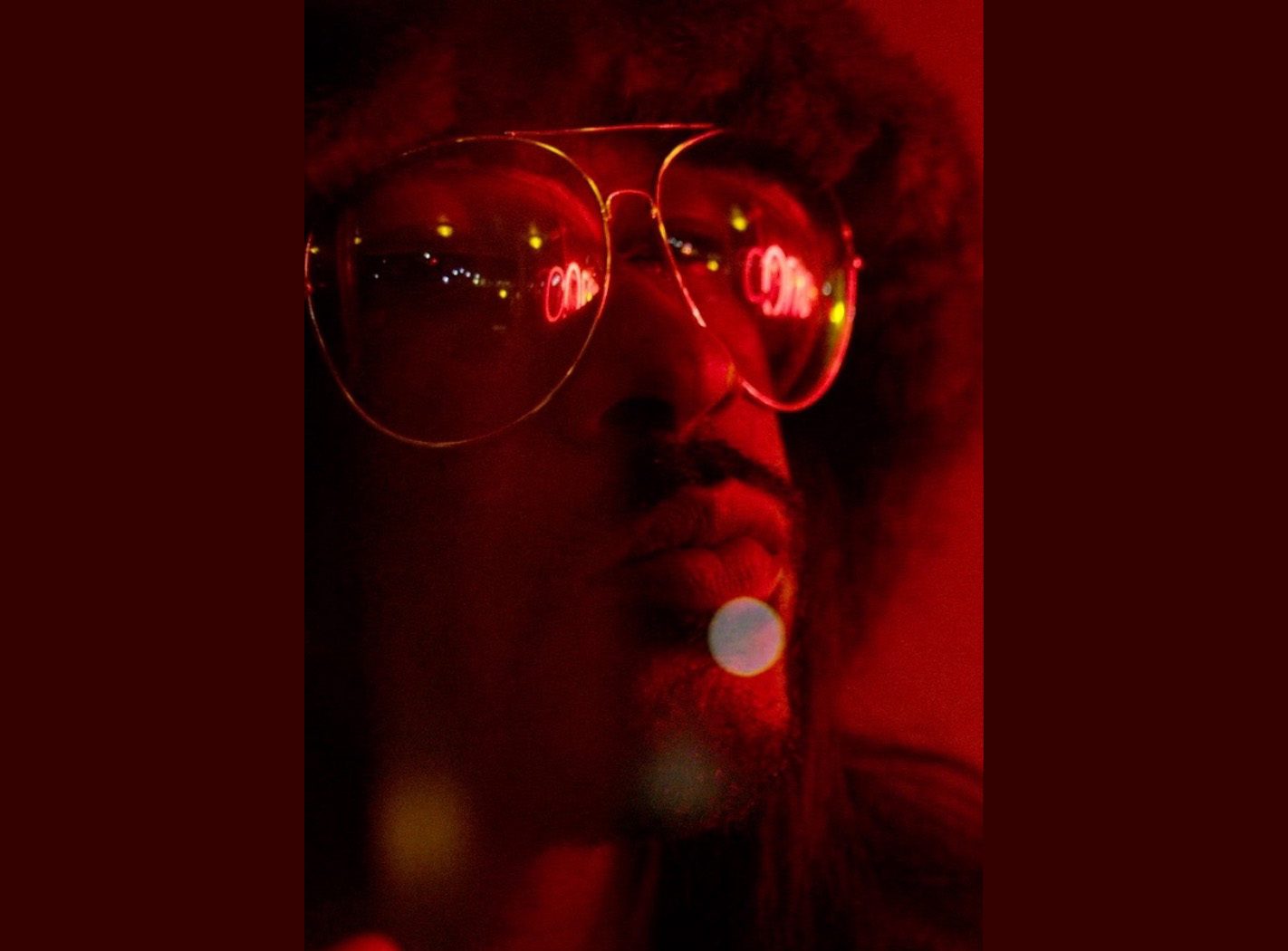On April 20, 2025 — a rare day when both Catholic and Orthodox Christians celebrated Easter simultaneously — Oran Juice Jones II delivered a resurrection of his own with Juicetopher, a bold, analog opus that stands as his fifth studio album and most soul-baring body of work yet. Released independently via his Esclave imprint, Juicetopher fuses grief, rebirth, and raw musicality into a project that feels more like a spiritual ritual than a rap release.
The album’s title, Juicetopher, serves as a layered nod — blending Oran Juice Jones II’s longtime moniker “Juice” with the alias of producer and guitarist Chris (Christopher) Pinset, whose nickname “Juicetopher” helped shape both the name and spirit of the project. Pinset’s creative fingerprint is felt throughout, from the album’s analog soundscapes to its emotional direction.
The Easter Sunday drop date isn’t just symbolic — it’s sacred. Easter, the Christian holiday representing sacrifice and resurrection, becomes the canvas upon which Juicetopher unfolds. That symbolism is etched directly into the album cover, which portrays Oran Juice Jones II as a modern-day Christ figure — wearing a crown of thorns, eyes heavy with reflection, embodying both martyrdom and ascension. The fact that this Easter was celebrated by both major branches of Christianity — a rare alignment due to differing liturgical calendars — adds another layer of universality to the album’s themes of loss, unity, and redemption.
The spark behind Juicetopher came from tragedy. After wrapping his Rap & Weed collaboration with B-hi, Jones had begun working on new material with vocalist Charles Paul. But on November 15, 2023, B-hi was murdered in Harlem — a devastating blow that shifted the entire creative course. Instead of abandoning the work, Jones transformed it, using the pain as fuel for something bigger, something eternal.
In an age of digital shortcuts, Juicetopher is an analog act of resistance. The album was recorded live, in one take, to 24-track tape at Mood Recording in Nyack, NY — completely computer-free. No digital fixes. No edits. Just pure, unfiltered performances captured in the moment. The result is an album that breathes, with warmth, grit, and the imperfections that make it human.
To bridge that raw soul with contemporary fidelity, the album was also remixed for Dolby ATMOS, offering an immersive, multidimensional listening experience while preserving its analog integrity.
A dream team of musicians helped bring the vision to life: Adam Deitch on drums, Lamar Moore on percussion, Tre-Bor on organ and Rhodes, Chris Pinset on guitar and bass, Baron Raymonde on saxophone, Laura Paul providing spectral background vocals, and the late Charles Paul contributing vocals before his passing. Each player adds a heartbeat to the collective pulse of Juicetopher.
At the core is Oran Juice Jones II — not just rapping, but testifying. From the introspective ache of “November Smoke” to the triumphant lift of “Still Got Juice,” his voice navigates pain, faith, and growth with lyrical precision and raw emotion. This isn’t just an album — it’s a rebirth ritual captured on tape.
In honoring the dead, rejecting industry polish, and embracing spiritual symbolism, Juicetopher becomes a living testament. It’s both a crucifixion and a comeback. And in choosing to rise on Easter — when both East and West looked skyward — Oran Juice Jones II made it clear: this isn’t just about resurrection. It’s about unity, healing, and eternal sound.
Listen to “Juicetopher” now:

Natalia is a Rap and Hip Hop enthusiast. After graduating from The New School of New York’s Public Relations Program and taking a course in Journalism at Michigan State University, she decided to dedicate her life to the music publishing business and to the discovery of new talent. She helps new artists gain exposure to the masses via online marketing and publications.
Editor Picks
-
Tay-K’s Final Appeal Denied: The Making and Breaking of a Teenage Menace
-
Kanye West Denied Courtroom Entry While Attempting to Support Diddy During Civil Trial
-
From Viral Fame to Prison Sentence: Silentó Gets 30 Years After Pleading Guilty to Killing His Cousin
-
EBK Jaaybo: The Reaper’s Reckoning in Arkansas
-
TIIIME Brings Back the Golden Era of R&B with Their Debut Single “She’s Mine”







